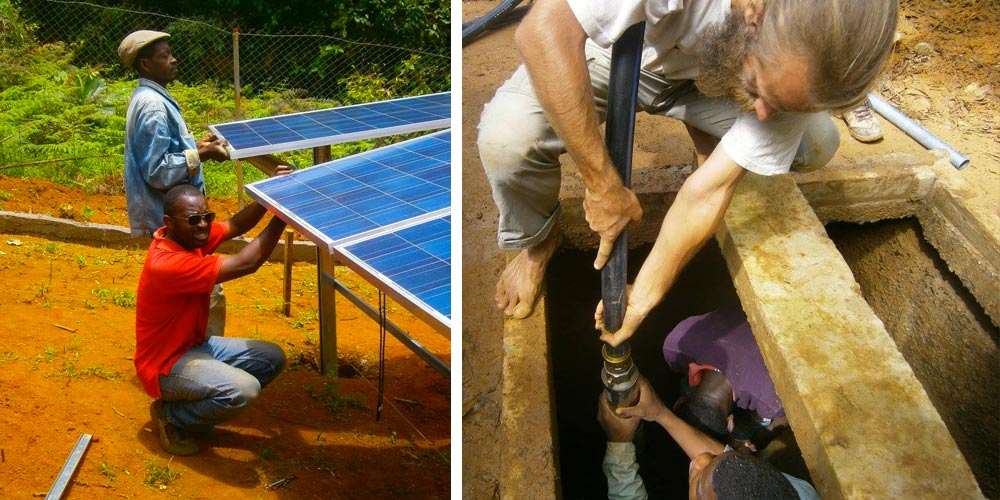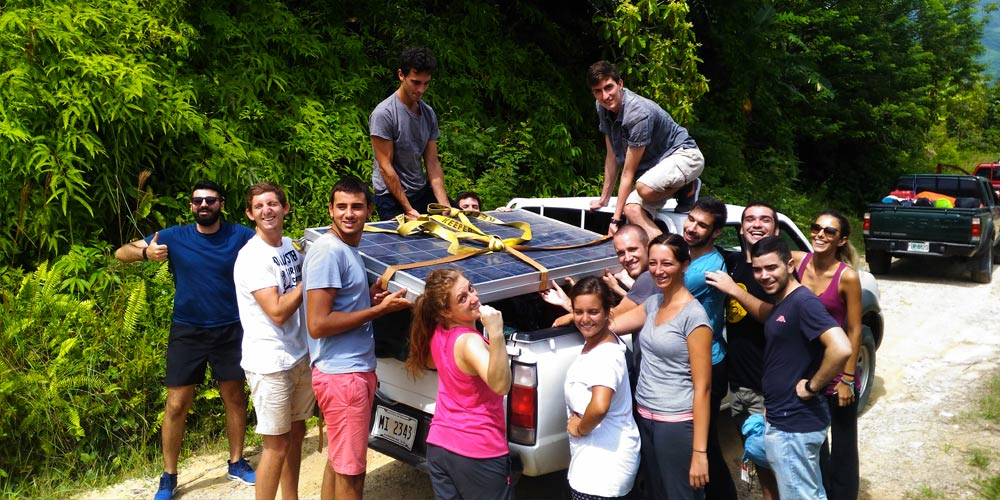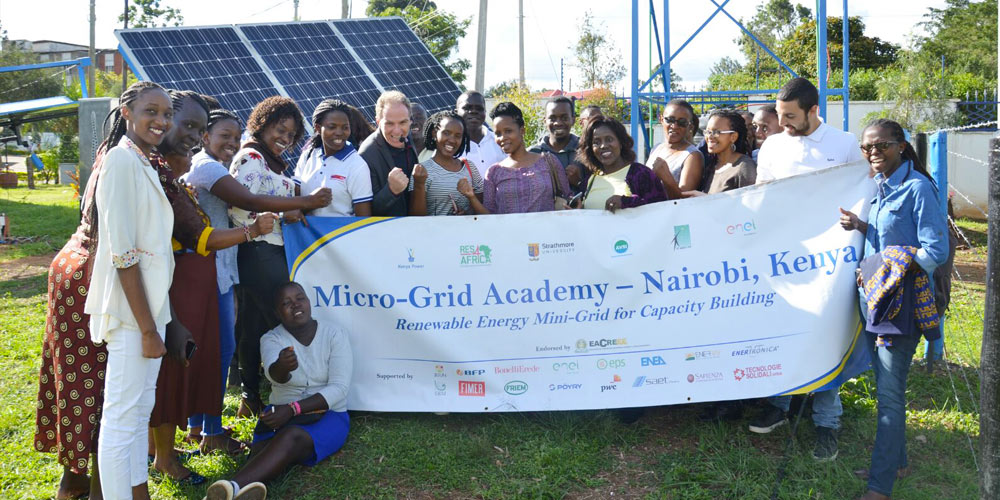The humanitarian demining laboratory is promoted by teachers and researchers at the university La Sapienza in the following engineering departments: electronics, structural, geotechnical, mechanical, aeronautical, applied physic, computer science, systems. Also with PhD researchers and master degree in engineering students.
Is supported by the city of Cisterna di Latina, Tullio Levi Civita foundation and by Tecnologie Solidali ONLUS association.
The purpose of the laboratory is to develop efficient, financially accessible, easy to use and maintain devices that speed up and make cheaper the process of humanitarian demining, in order to help population of many nations afflicted by mines and other explosive remnants of war. Tests and upgrades of existing technologies are carried out through prototypes and realistic simulations maintaining the results open to the scientific community and the clearance operators.
HUMAN DEMIMING
Over 80 nations in the world are affected by explosive remnants of war and, in particular, landmines and unexploded bullets of cluster bombs.
About these devices:
- they remain active for decades after the end of the conflicts;
- they indiscriminately target mainly civilians;
- they cause disability and therefore suffering, marginalization and social emergency;
- they prevent the rebuilding of the economy and the return to normal life.
The international community (UN) has placed a ban on the use of mines and cluster bombs, but many countries disregard it.
The clearance of explosive residues is extremely slow and expensive, in many places it is impossible to undertake it, and at the current pace it would take hundreds of years to complete it. This is why there is an urgent need to develop new technologies that make localization of bombs cheaper and faster.
The Humanitarian Demining Laboratory develops research and tests new technologies for the clearance of explosive residues. Such research, once supported also by the European Union, is now proceeding with difficulty due to the lack of resources.
PROJECTS AND ACTIVITIES
Scientific Research
The laboratory integrates interdisciplinary skills in the field of physics and engineering, necessary for the exploration of new physical principles and the creation of systems for the recognition of buried mines, exploiting the differences in physical properties of different materials (in particular soil , explosives and other bomb constituents).
Research is currently carried out in the field of thermal, electromagnetic (radar), acoustic / vibrometric systems, through analytical study and simulation, and interacting with the international scientific community.
The laboratory obtained original results and produced publications in the context of relevant international journals and conferences. A national conference is planned to bring together the academic, industrial and non-profit organizations operating in Italy and from Italy, in the field of clearance from explosive remnants of war, in order to join forces and improve the effectiveness of existing activities.
Design, prototyping, experimentation
At the laboratory there is an experimental bench consisting of a sand box of about 3 cubic meters, containing accurate simulators of mines and other buried objects.
The prototype of an innovative mine thermal localization system is installed on the body and experiments with electromagnetic (radar) techniques have been started.
Outside the building, a small experimental field has been created on which testing of vibro-acoustic systems (also with laser vibrometer) is underway.
The design and construction of a robotic platform to carry out experimentation in the open and realistic field, and allow the integration of different technologies into a more efficient and reliable multi-sensor system, are underway.
Cultural commitment
The laboratory promotes and collaborates in knowledge and awareness initiatives on landmines and unexploded devices problems.
REFERENCES
The Humanitarian Demining Laboratory is located in Cisterna di Latina, in Viale delle Province (ex-Nalco area). It can be visited by schools and groups for in-depth meetings and awareness raising, in collaboration with ONLUS Tecnologie Solidali. It is possible to support the laboratory activity by collaborating in the technical-scientific activity, in the awareness raising and fund raising initiatives, sponsoring, making deductible donations, and allocating 5 per thousand to IRPEF, through the ONLUS Tecnologie Solidali association (cf. 974 779 405 85).
Responsible: ing. Marco Balsi, university La Sapienza researcher.
Phone: 320.4357195



